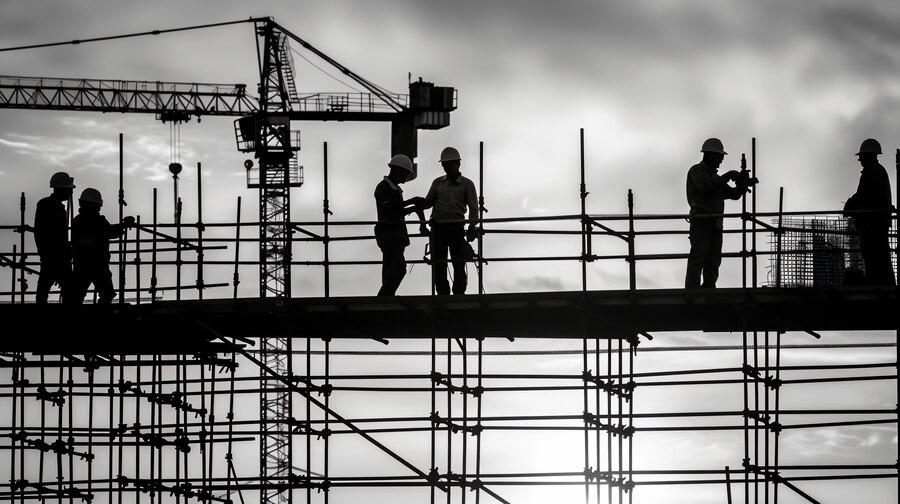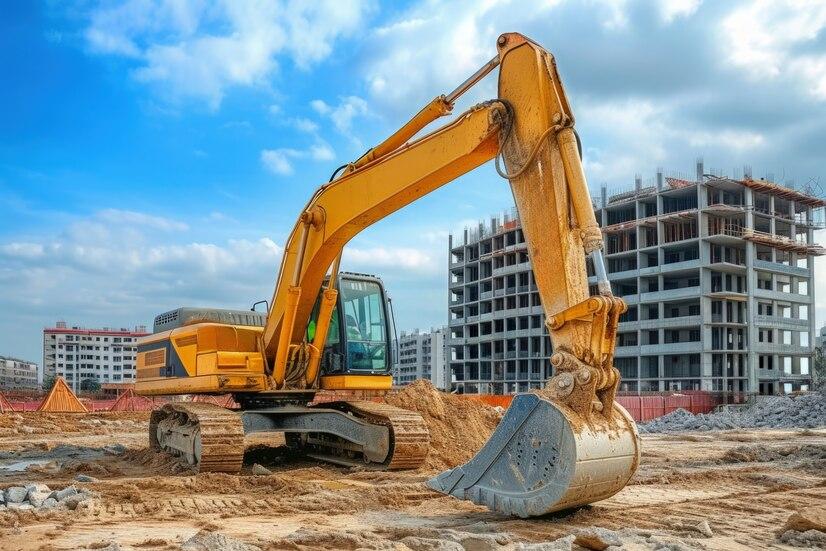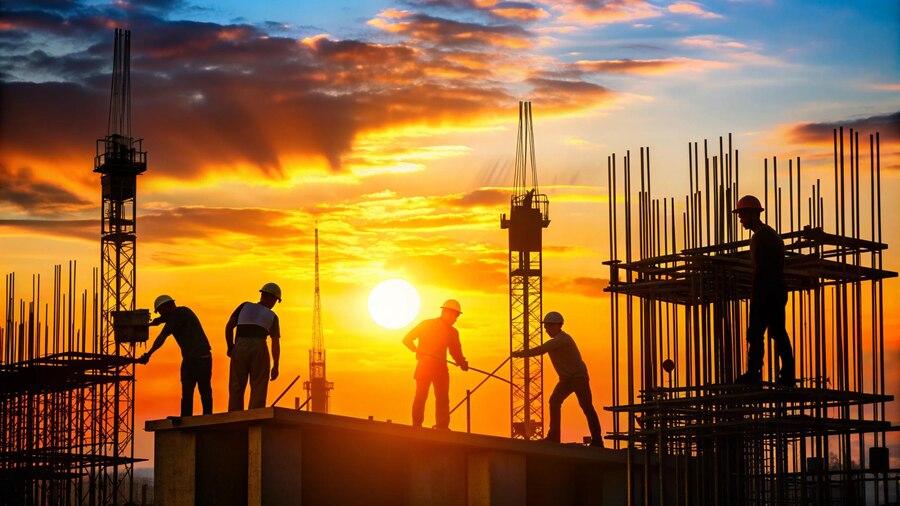



Table of Contents
- Introduction
- What is Unauthorized Construction in Real Estate?
- Common Causes of Unauthorized Construction
- Legal and Financial Implications
- Resolving Unauthorized Construction Issues
- Prevention of Unauthorized Construction
- Conclusion
- Faq's
Introduction
Unauthorized construction refers to any building or structural development that is carried out without obtaining the necessary legal permits or approvals from the local authorities or regulatory bodies. In the real estate sector, unauthorized construction can occur when builders or property owners disregard zoning laws, building codes, or environmental regulations. This guide provides an overview of what unauthorized construction is, its legal implications, and how to deal with such situations.
What is Unauthorized Construction in Real Estate?
Unauthorized construction in real estate refers to any building or structural changes made without obtaining the necessary legal approvals from local authorities. This can include new constructions, expansions, or modifications that violate zoning laws, building codes, or environmental regulations. Common examples include building without a permit, adding floors or extensions beyond approved plans, or constructing in zones where such activity is not allowed. The consequences of unauthorized construction can be severe, ranging from hefty fines to demolition of the structure. It can also create legal disputes, affect property transactions, and reduce the overall value of the property. While some violations occur due to ignorance of regulations, others result from intentional attempts to bypass legal processes to save time and costs. To avoid these issues, it is essential for property developers and owners to thoroughly understand and adhere to local building codes, obtain the required permits, and hire licensed professionals for guidance. Legal compliance not only ensures the safety and legality of a project but also protects the property owner from potential financial and legal repercussions. Unauthorized Construction
Unauthorized Construction
Common Causes of Unauthorized Construction
Lack of Awareness: Property owners may not be aware of the legal procedures required before starting a construction project.
Intentional Violation: In some cases, developers or property owners may knowingly bypass legal requirements to save time or costs.
Improper Zoning Knowledge: Zoning laws are often complex, and misinterpretation can lead to unintentional violations.
Cost and Time Constraints: Some developers or property owners may skip the lengthy approval process to avoid delays and additional costs. Causes of Unauthorized Construction
Causes of Unauthorized Construction
Legal and Financial Implications
Penalties and Fines: Engaging in unauthorized construction can result in significant fines, legal penalties, and even the demolition of the illegal structure.
Litigation: Unauthorized construction can lead to lawsuits from neighbors, regulatory bodies, or municipal authorities.
Impact on Property Value: Properties involved in unauthorized construction may face difficulties during transactions, as potential buyers might avoid them due to legal uncertainties.
Demolition Orders: Authorities can issue demolition orders for any construction that violates local laws, zoning regulations, or safety standards. Legal and Financial Implication
Legal and Financial Implication
Resolving Unauthorized Construction Issues
Regularization: In some cases, unauthorized construction can be regularized by paying a penalty and obtaining the necessary approvals after the fact.
Appealing to Authorities: Property owners can file an appeal to local authorities to seek approval or negotiate a solution.
Legal Assistance: It's advisable to consult legal experts who specialize in real estate law to navigate the complexities of unauthorized construction cases.
Demolition and Rectification: If regularization is not possible, the structure may need to be modified or demolished to comply with the law.
Prevention of Unauthorized Construction
Understand Local Building Regulations: Always consult with local authorities and understand zoning laws, building codes, and environmental regulations before starting any construction project.
Hire Qualified Professionals: Engaging architects, engineers, and contractors who are familiar with local laws ensures compliance from the beginning.
Obtain Necessary Approvals: Always apply for building permits and other relevant approvals before commencing construction to avoid legal issues later.
Stay Updated on Policy Changes: Building codes and regulations may change over time. Property owners and developers should stay informed about any updates to local real estate laws.
Conclusion
Unauthorized construction poses significant risks in real estate, including legal, financial, and structural issues. Whether intentional or due to oversight, it can lead to severe consequences such as fines, legal action, or demolition. To avoid these complications, property owners and developers should always ensure they are compliant with local building regulations and obtain the necessary permits before starting any construction project. Seeking professional legal and architectural guidance is key to preventing unauthorized construction and protecting property investments.
explore further
Latest from Encyclopedia
More from Interactions
Resources
Dwello, for every home buyer, is a way to go from 'I feel' to 'I know', at no extra cost.




